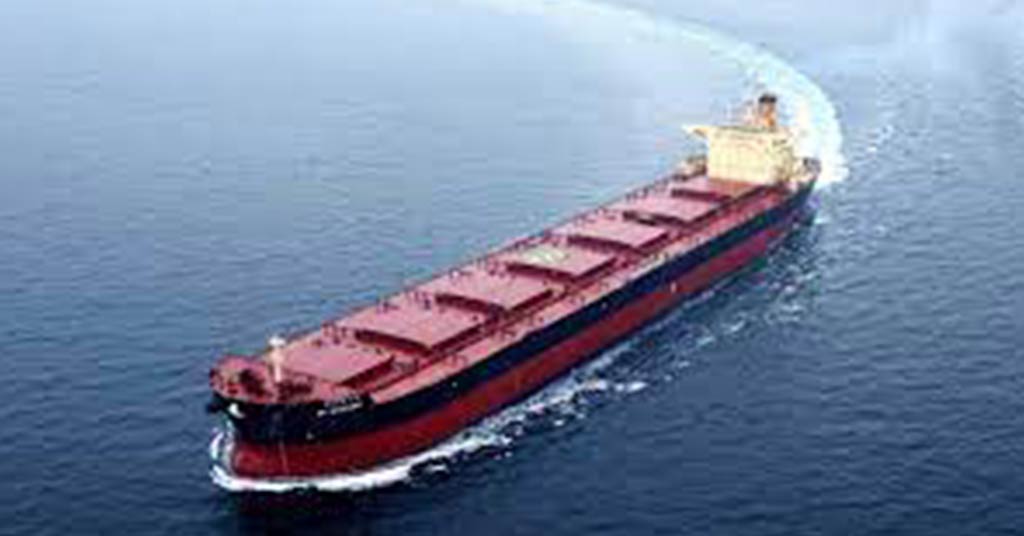Welcome To ChemAnalyst

Oil shipments from Russia's Black Sea port of Novorossiisk have recommenced following a temporary halt due to adverse weather conditions on December 27.
The improved weather conditions have allowed the port to resume operations, and it is anticipated that all scheduled crude oil volumes for December will be successfully shipped.
The interruption in oil loadings from Novorossiisk occurred on Wednesday, with exports of CPC Blend, facilitated by the Caspian Pipeline Consortium (CPC) terminal in close proximity, resuming on the same day.
To accommodate the postponed November exports resulting from previous inclement weather, December loadings from Novorossiisk were adjusted downward from the initial 2.14 million metric tons to 1.72 million metric tons. This revision aimed to manage logistical challenges and maintain operational efficiency.
The Black Sea region has experienced severe storms, causing disruptions in oil exports from Kazakhstan and Russia, affecting up to 2 million barrels per day (bpd). These weather-related setbacks have posed challenges to the smooth flow of oil shipments, impacting the energy supply chain in the region.
Despite these challenges, the resumption of oil loadings from Novorossiisk is a positive development, signaling the restoration of normalcy in the oil transportation network. The improved weather conditions have played a crucial role in mitigating disruptions and allowing the port to meet its December shipment commitments.
It is essential to highlight the interconnectedness of the energy infrastructure in the Black Sea region, with the Caspian Pipeline Consortium playing a pivotal role in maintaining oil export activities during the temporary suspension of Novorossiisk operations. This cooperative approach helps ensure a more resilient and adaptable energy supply chain, capable of responding to unforeseen challenges such as severe weather events.
The revision of December loadings from Novorossiisk underscores the flexibility and responsiveness of the oil industry to dynamic conditions. By adjusting shipment plans in response to external factors like weather disruptions, the industry can optimize logistical processes and minimize the impact on overall export volumes.
The recurring nature of severe storms in the Black Sea region highlights the importance of proactive measures and contingency planning within the energy sector. As climate-related events continue to pose challenges to global supply chains, the ability to adapt and implement effective risk management strategies becomes increasingly crucial.
The resumption of oil loadings from Russia's Black Sea port of Novorossiisk after a temporary suspension due to adverse weather conditions signifies a positive development for the energy sector. The improved weather conditions have allowed the port to address logistical challenges and fulfil its December shipment commitments. The collaborative efforts of the Caspian Pipeline Consortium in maintaining exports during the suspension further demonstrate the resilience of the regional energy infrastructure. However, the industry must remain vigilant and continue to invest in proactive measures and contingency planning to navigate the uncertainties posed by severe weather events in the future.
We use cookies to deliver the best possible experience on our website. To learn more, visit our Privacy Policy. By continuing to use this site or by closing this box, you consent to our use of cookies. More info.
